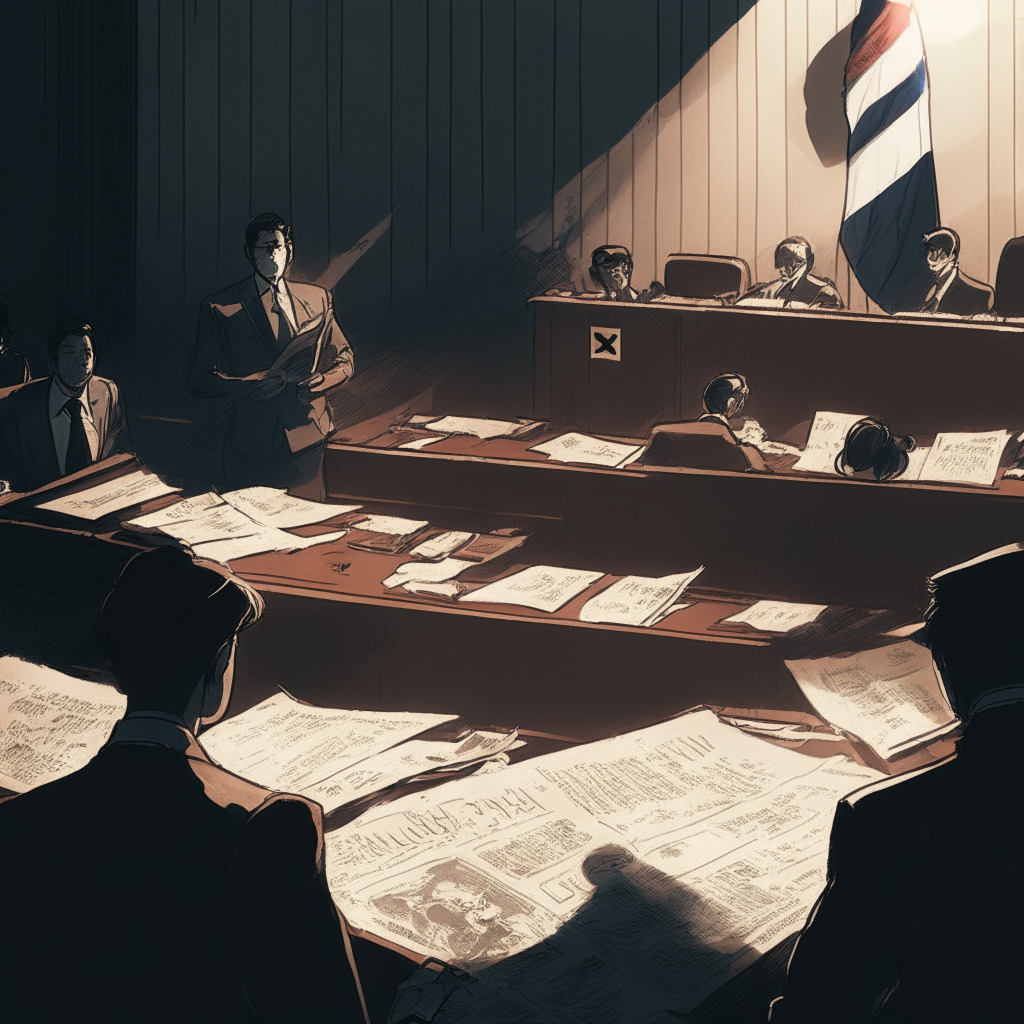A significant event in the world of blockchain technology, regulatory oversight, and market impact is set to occur in South Korea. The heart of the matter revolves around the Terra LUNA crisis, with the scheduled prosecution of Terra co-founder Daniel Shin on June 10, 2023. An important aspect of the upcoming trial is the contentious debate over whether LUNA constitutes a security or not.
Previously, CoinGape reported that court authorities dismissed the appeal to confiscate Shin’s assets, arguing that LUNA should not be classified as a security. However, it appears that the stance taken by the prosecutors in the upcoming trial is one of determination in proving LUNA as a security. In April 2023, the Seoul Southern District Prosecutor’s Office indicted Shin and seven others on multiple charges, including fraud, breach of duty, and embezzlement.
The initial trial date for Shin was set for May 26, 2023, but it was postponed to June 10 due to a conflict of interest involving the presiding judge. The outcome of these investigative efforts and judicial proceedings has far-reaching implications on the cryptocurrency markets, especially given how the Terra-LUNA crash in 2022 resulted in a loss of $40 billion in investor funds.
The focus of the upcoming trial hinges on whether LUNA was traded as a security. If the prosecution can establish this, the ramifications of the case could lead to violations of the country’s capital markets laws. This could ultimately result in Shin’s arrest. However, it is important to note that the Montenegro Basic Court recently granted bail for Terra co-founder Do Kwon and CTO Han Chang-joon.
With the shifting regulatory landscape and the ever-evolving cryptocurrency ecosystem, the outcome of such cases can significantly alter the manner in which these markets operate. The conclusions drawn from this particular case could potentially impact the nature and degree of regulatory oversight, ultimately affecting not only the Terra project but the larger blockchain industry.
As the field of blockchain technology and cryptocurrencies grows, it is vital for investors and enthusiasts alike to keep a watchful eye on developing regulatory situations. The events unfolding in South Korea serve as a reminder that the industry is dynamic and in flux, with regulatory concerns and definitions continuing to shift.
In conclusion, the upcoming prosecution of Daniel Shin in relation to the Terra-LUNA crisis highlights the importance of understanding the potential ramifications of regulatory changes, market forces, and judicial decisions. The industry’s future growth and development depend on the ability to adapt and cooperate with evolving regulatory frameworks, ensuring investor protection and the future prosperity of the blockchain revolution.
Source: Coingape




